Parexel, NeoGenomics partner on oncology genomics project
Outsourcing Pharma
FEBRUARY 18, 2021
The two companies will work to advance precision cancer medicine by harnessing genomics data in trial design, recruitment, site selection and other areas.
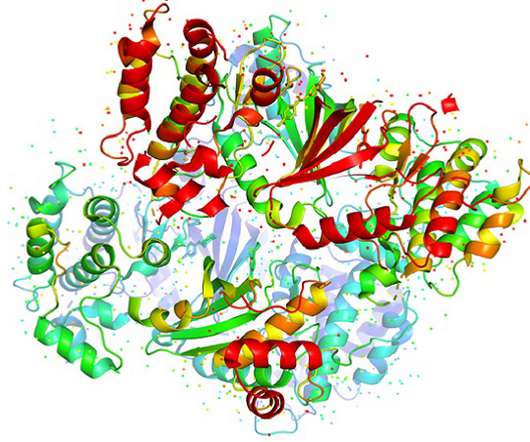
Outsourcing Pharma
FEBRUARY 18, 2021
The two companies will work to advance precision cancer medicine by harnessing genomics data in trial design, recruitment, site selection and other areas.

Pharmaceutical Technology
MAY 25, 2023
The Medicines and Healthcare products Regulatory Agency (MHRA) aims to launch a pilot genetic biobank that will gather patient data to associate drug-related adverse events to their genetic makeup. The Yellow Card biobank will launch as a joint venture with the UK-government funded entity Genomics England on June 1.
This site is protected by reCAPTCHA and the Google Privacy Policy and Terms of Service apply.
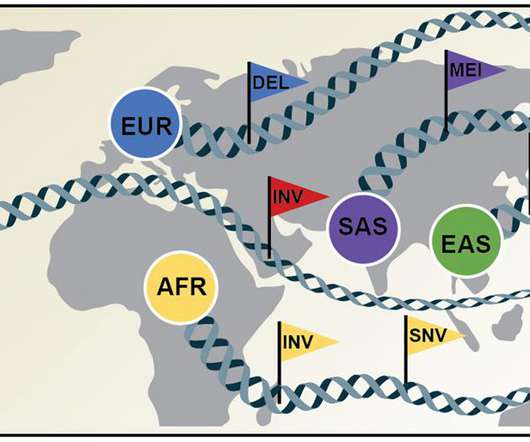
Scienmag
FEBRUARY 25, 2021
Publication in Science Credit: David Porubsky, University of Washington In 2001, the International Human Genome Sequencing Consortium announced the first draft of the human genome reference sequence. This reference, however, […].
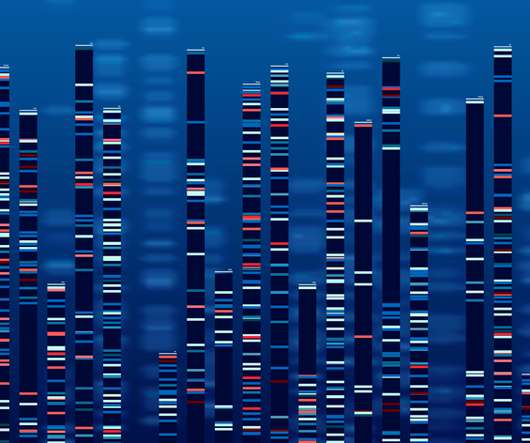
pharmaphorum
JANUARY 26, 2023
A 2022 study from the Royal College of Physicians and British Pharmacological Society demonstrated the potential of pharmacogenomics, with scientists identifying the genetic cause behind an individual’s drug response for over forty medicines.
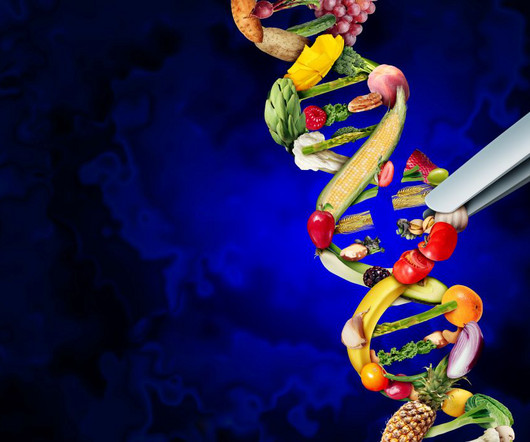
Pharmaceutical Technology
JUNE 14, 2023
All that DNA is organised into hereditary units called genes, with humans having about 25,000 genes collectively known as the genome. The Human Genome Project Launched in October 1990, The Human Genome Project sought to sequence the entire human genome using a method called Sanger sequencing.
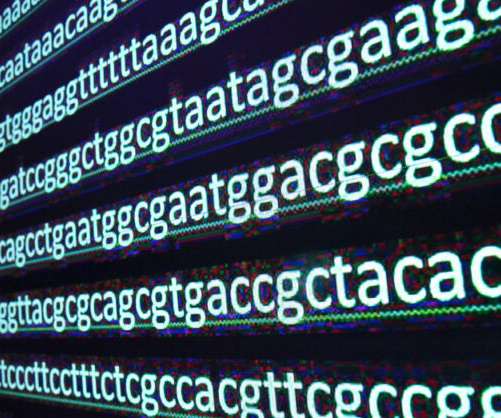
Pharmaceutical Technology
JUNE 30, 2022
The group analysed 12,222 samples collected through whole genome sequencing efforts of the UK National Health Service as part of the 100,000 Genomes Project and added further data on 6,418 cancers from the International Cancer Genome Consortium and the Hartwig Medical Foundation. Both teams had the same underlying goal.
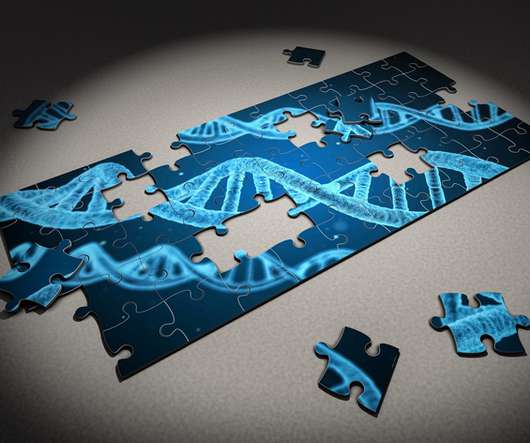
pharmaphorum
JANUARY 24, 2023
The same is becoming true for the healthcare industry, and one of the first major breakthroughs in the area was the 100,000 Genomes Project. The information gathered from the project is still providing insights today, a decade later. Certain genetic variants influence the way the body responds to specific medicine.
Let's personalize your content